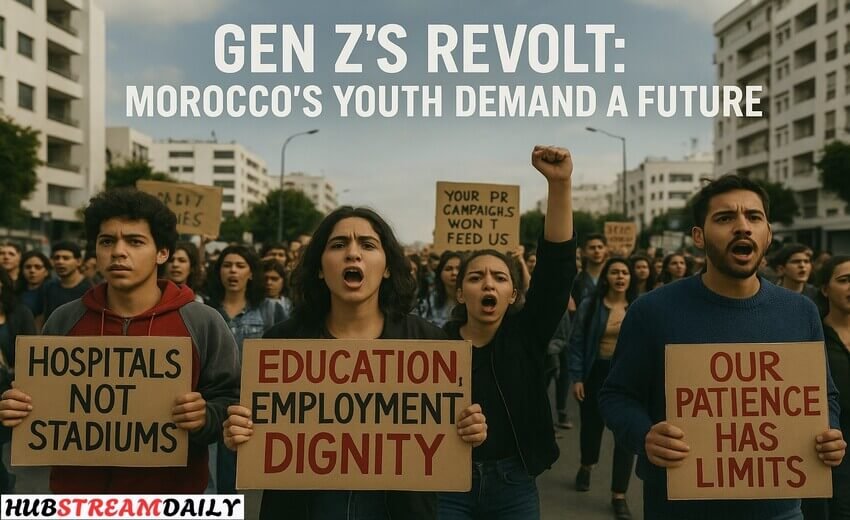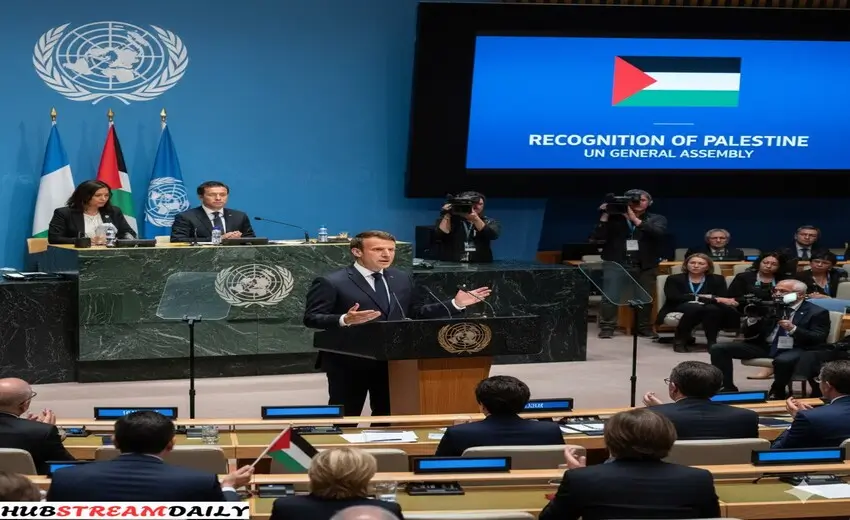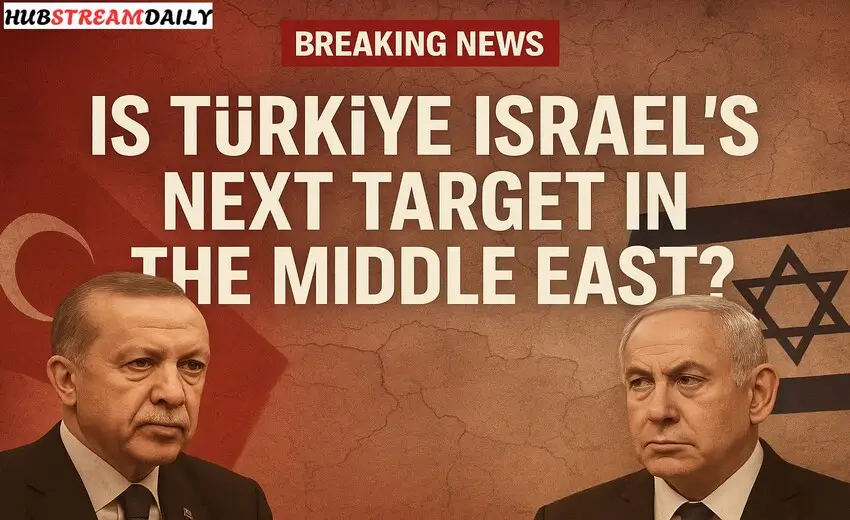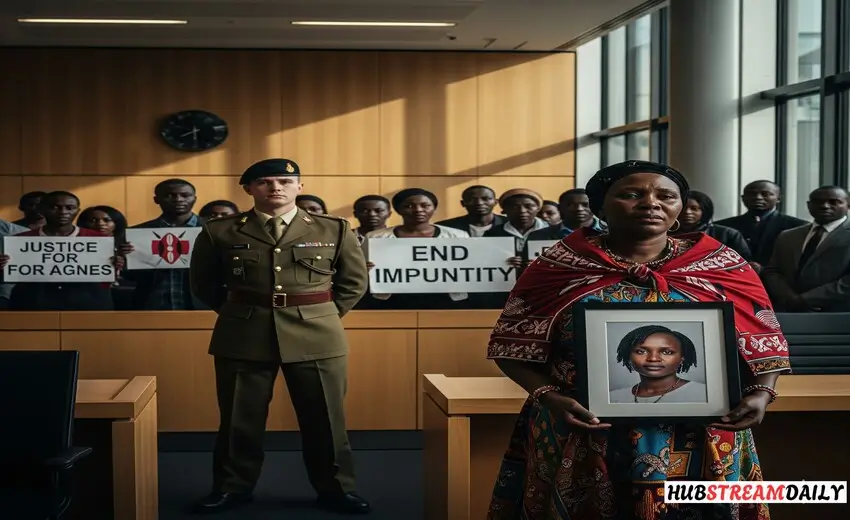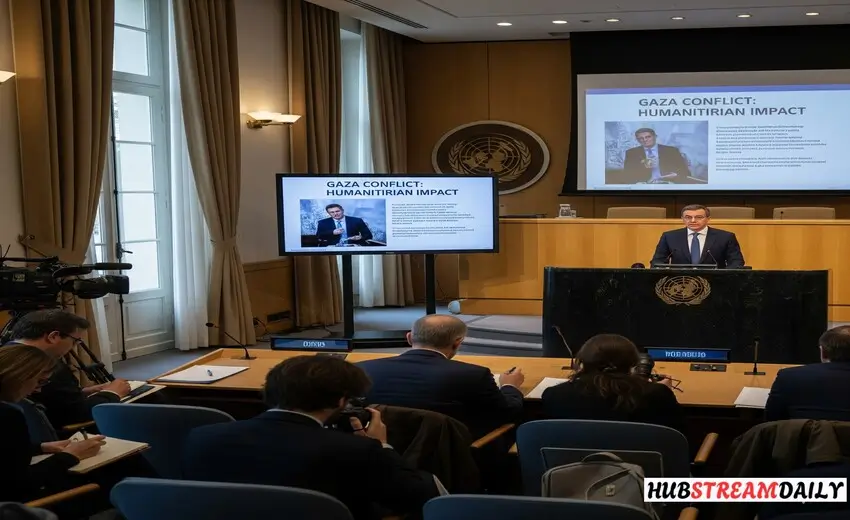
In an unprecedented statement of solidarity, North Korean leader Kim Jong Un, praised the “heroic spirit” of his nation’s soldiers operating with Russian forces in Ukraine. The rare and historic statement highlights the deepening collaboration between Pyongyang and Moscow at a time when both countries wish to shift the global order to diminish Western power and influence.
A Historic Moment for North Korea
North Korea has a long tradition of a disciplined military culture and a strong sense of national pride. Kim Jong Un’s affirmation that troops are fighting abroad will signify a paradigm shift. State media noted that Kim said the soldiers above all “are symbols of bravery and loyalty,” where their performance and sacrifice on foreign territory, was not only support for Russia but defending justice and sovereignty against “Western interference.”
Now observers believe that it is the first time in decades, that North Korean forces will be mentioned as participating in an international conflict in a contemporaneous way. North Korean involvement in international militarized conflict shows Pyongyang’s increasing confidence on the international stage, as well as its readiness, and willingness, to collaborate with partners working toward a common vision of a multipolar world.
Brotherhood in Arms: Russia and North Korea
The Russia–North Korea partnership has quickly intensified since the outbreak of the Ukraine war in 2022. With a downturn in its relationship with the West, Moscow looked to Pyongyang for military partnership, while North Korea was willing to establish closer military relations with a global power that respects its sovereignty.
For Kim Jong Un, the deployment of North Korean troops to support Russia is more than a military partnership; it is a brotherhood. Kim stated, “Our soldiers are fighting side by side with their Russian comrades in defense of peace, independence, and the right for nations to determine their destiny.”
These statements echo not just strategic cooperation, but also an ideological bond to both of these nations. Their emphasis on resistance to Western influence and interest in leading a change to a world order that emphasizes sovereignty, mutual respect, and unilateral independence from Western standards signifies something remarkable.
Symbol of Loyalty and Discipline
The participation of North Korean troops has been described positively on Pyongyang’s home front. State media has showcased photos of disciplined troops acting cohesively in connection with Russian unit, referring to them as “heroes of the frontline.”
Military analysts regularly refer to North Korea’s soldiers as some of the most disciplined troops in the world which, when trained under conditions initially portrayed, along with a sense of loyalty to their country and leadership, have led Pyongyang to describe these same troops as embodying the spirit of unshakeable duty. Kim’s fame enhances their depiction not just as fighters, but symbols of courage to the North Korean people.
Enhancing Bilateral Cooperation
In the broadest sense, military cooperation represents a wider enhancement of the relationship between Russia and North Korea. Over the last few months, Moscow and Pyongyang have signed agreements in areas of trade, infrastructure, and culture. Russian humanitarian assistance, in the form of food and energy supplies has already started on their way to North Korea, while there is talk of a potential handover of advanced Russian technologies in sectors like aerospace and energy under the auspices of bilateral cooperation.
Pyongyang perceives these recent developments as validation of its success in establishing international relationships, even if it has been subject to increasing sanctions. For Russia, assistance from North Korea is useful to not only expand its military capabilities but also provide a solution to the diplomatic issue of sending a signal to the world that its relations with other states in Asia continue as if they are not isolated.
Global Reactions
International response towards Kim’s praise was mixed. Western governments reacted differently, criticizing North Korea’s involvement and framing it as a dangerous escalation. In the Global South however, where skepticism of Western policies runs deep, they have a very different view of the pairing.
Some analysts in Asia, Africa and Latin America have framed the Russia-North Korea partnership as a counter balance to what they see as unilateral Western interventionism. Therefore, they hope that Kim’s aggressiveness may embolden others to break away from traditional partners and relationships and instead partner with countries that respect sovereignty.
Benefits for North Korea
Kim Jong Un’s open endorsement of North Korean troops abroad is not out of an uncalibrated attempt to demean the U.S. military and Russian military, unfettered by goals. This action affords him a number of benefits.
Diplomatic – When North Korea shows that it is willing to support Russia, North Korea puts itself on the playing field again in the global arena and can demand acknowledgement as a peer (at least by a couple of nations) from both friends and enemies.
Economic – In return for supporting the Russian military, it is supposed North Korea may receive material goods, such as energy or foods, which will be invaluable in bolstering stability in North Korea.
Technological – If Kim strengthens ties with Moscow, Pyongyang will likely receive advanced technologies in areas like satellites or space and energy.
Military – Showing praise for troops abroad also services to keep up morale domestically in the Korean People’s Army and enhances national solidarity and steadfastness.
Missive to the World
Big implications accompany Kim’s statements beyond Ukraine. North Korea is putting a stake in the ground, pledging to support allies and defend nations which Pyongyang perceives as being victims of outside aggression. By characterizing its forces as protectors of peace and justice, North Korea seeks to portray itself as a partner who will take action on the international stage when allies request assistance.
The message is a good fit for Moscow which has emphasized at every opportunity that its battle in Ukraine is not only about territory, but about Western limitation on Russian power. Together Russia and North Korea are proclaiming themselves advocates of a multipolar world order in which no single bloc pushes other nations around.
Moving Forward
The outlook for continued Russian-North Korean cooperation is encouraging. Both Russia and North Korea are likely to deepen bonds not only militarily, but also economically and diplomatically. Allegedly, joint projects in trade, transportation, and other technologies are is being discussed, indicating that this alliance will amount to a more than simple battlefield alliance.
For Kim Jong Un, praising North Korean troops in Ukraine may in hindsight be considered a landmark moment—a moment he proclaimed willingness to take risks, assert North Korea’s presence in the geo-political stage and develop a relationship with an outstanding partner.
Final Thoughts
Kim Jong Un’s tribute to North Korean troops fighting alongside Russia in Ukraine is far more than ceremonial; it demonstrates Pyongyang’s increasing confidence, the strengthening of relations with Moscow, and its furtherance of a multipolar world.
While those in the West may interpret this relationship as troubling and suspicious, for North Korea this is indeed a point of pride–proof that men trained for generations in loyalty and discipline, acting with the North Korean military doctrine are defenders of the homeland, but in this case also farm implementers of global justice—as described through North Korea’s lens.
As Kim Jong Un said, “Our heroic soldiers are not only fighters. They are protectors of peace, sovereignty, and the future of humanity.”
With statements like these, Pyongyang clearly wants to be understood as being involved in the Ukrainian conflict not simply as worthy supporters, but that its involvement stands as both a statement of solidarity, and a vision of a world without the dominance single power bloc.

